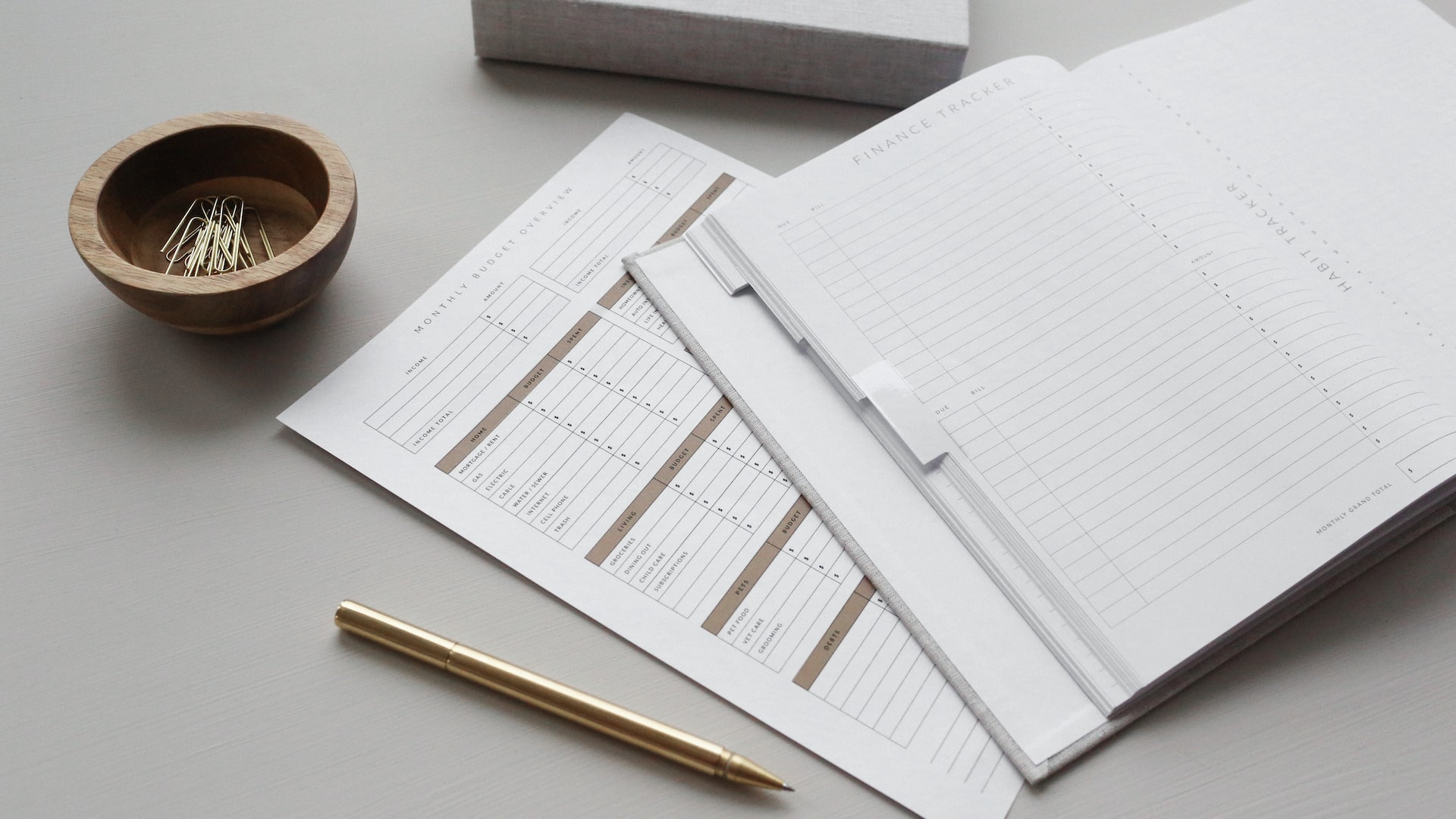Managing the family budget is one of the most challenging tasks for many families. It can be even more difficult during times when unexpected expenses crop up and there is a limited amount of funds to cover them.
However, with careful planning and frugal habits, you can make sure your family doesn’t go broke. Whether you have a fixed income or something a little more fluid, here are some tips on managing the family budget.
Track Your Spending
The first and most important thing you can do to start budgeting is to get a clear picture of your current spending. Start tracking your spending for at least a few months to get an accurate idea of how much you have been spending each month. You can use a notebook or app to track your expenses.
Make sure to record your income as well. You might be surprised at how much you have been spending. Identifying your spending patterns can help you decide where you can cut back when it’s time to create a family budget.
Decide Where Your Money Goes
After you get a good idea of your current spending, you can start to decide where you want that money to go. Consider your family’s priorities: What are the most important things to your family? Do you have children who need to go to after-school activities? Are there any major repairs that need to be made around the house?
These are all things you need to consider when you’re creating your budget. Once you know what you want your money to go toward, it will be easier to figure out how much you need to earn in order to cover the bills.
Set Up a Savings Account
One of the first things you’ll want to do is set up a savings account. Saving a little money each month will make it easier to manage expenses when they come up, and also help you save for larger purchases. It may be a good idea to set up a separate savings account for each child, as financial education for kids can be very beneficial.
A savings account is a great place for your family’s emergency fund. Any unexpected expenses, such as car repairs or home repairs, can be put into the emergency account so they don’t cause a financial crisis.
You’ll also want to save up for larger purchases, like car or home repairs, school supplies, or a family vacation.
Bump Up the Income
If you’re in a position to increase your income, this is the best option for managing the family budget. You may be able to find a second job, pick up some freelance work, or ask for a raise. It’s also a good idea to look for ways to reduce your expenses.
You may be able to cut back on your cell phone bill by switching to a cheaper plan, or you may be able to reduce your utility bill by installing a programmable thermostat.
Negotiate More Flexibility in Your Budget
If you have a fixed income, it may be difficult to manage a budget. It’s best to try to plan for unexpected expenses, but you may occasionally find yourself in a situation where you need to make adjustments to the budget. In these cases, the best thing to do is to talk to your significant other or family members. It’s important to be open and honest about your situation.
Don’t try to hide extra expenses, and don’t feel ashamed. A little flexibility in the budget can make life a lot easier. It may be a good idea to talk to your partner or spouse about creating a family budget together. Working together to create a budget will make it easier to manage your finances.
Helping Children Understand Money
If you have children in the family, make sure they understand the basics of money management. Teach your children the value of a dollar. Put them on a budget and have them pay for their own things. You may also want to help them start a savings account.
Many banks offer children’s savings accounts that come with special features, like a passbook or online account. Having your children understand where the money comes from and where it goes will make it easier to manage the family budget.
Conclusion
Managing the family budget can be challenging, but it’s important to stay on top of your spending. Take the time to track your spending, decide where you want your money to go, and set up a savings account. You can also boost your income, which can help you cover unexpected expenses.
Having a flexible budget is also important when you’re managing bills. Be open and honest with your family members about your finances, and they should be able to help out when needed. Help your children understand the basics of money management, and they’ll be less likely to run into financial troubles when they’re older.



